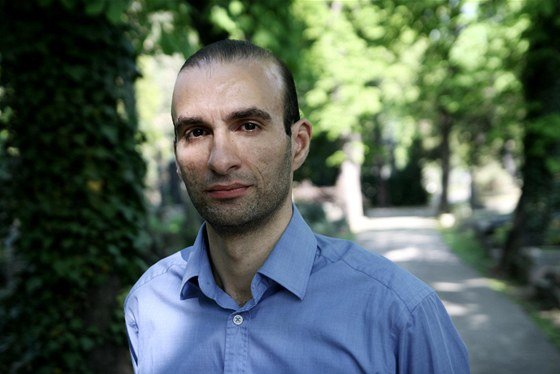Saudi Oligarchy can’t run in long run without democratic legitimacy: expert

TEHRAN - Professor Arshin Adib-Moghaddam, Chair of the Centre for Iranian Studies at the London Middle East Institute says no Oligarchy without democratic legitimacy can run in long term including Saudi one.
Commenting on the reasons behind Saudi Prince Bin Salman’s reforms, he said, “Saudi Arabia is dealing with unprecedented socio-economic challenges, in particular youth unemployment. The charter is meant to ease the political repercussions of these problems and to signal to the world that Saudi Arabia is modernizing.
Of course, there are more intricate economic reasons such as diversification away from the oil sector which go beyond the scope of this interview. I think the dynamics primarily internal as indicated.”
Commenting on the success of the social and economic reforms initiated by him without political reforms in Saudi Arabia and its possible consequences for the royal family, Adib Moghaddam said, “It is true that in traditional/liberal political economy there was a strong link between economic modernization and democratization. China seems to have challenged this paradigm, at least until now. But the real point is of course whether any state in the world can afford, in the long term, to be dependent on one person, or an Oligarchy without democratic legitimacy.
I think it impossible in the long run. There will always be this emphasis on freedom, even in its abstract form in any human society and this is largely because human beings are born free. If the Saudi monarchy doesn't democratize it will lose the support of the middle class and other strata of society in the long run.”
Referring to differences between some strong religious figures and the Prince bin Salman on the reforms and its effect on the success of the reforms, he added, “Clerics have a tendency to be conservative and against change because their world-view is affected by religious ordinances, rather than empirical reality.
It is very likely that in Saudi Arabia, some of the rather more orthodox clerics will protest social reforms if they don't yield economic and political dividends. But as a self-interested strata of society connected to the state through institutions that have matured for centuries now, it is unlikely that there will be open revolt against the House of Saud. We should all hope for stability in Saudi Arabia, and I don't deem the current reforms a major threat to that end.”
Answering a question about the possible positive effect of the reforms on the living standards of the poor people including Shia minority in the country, Abib Moghaddam added, “
This remains to be seen and it can't be forecasted at this stage. There are many socio economically challenged strata of Saudi society. Whilst some Shia are discriminated against, the specter of poverty goes beyond religious affiliation.”
Leave a Comment